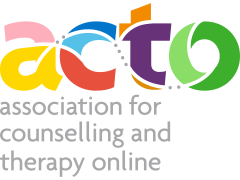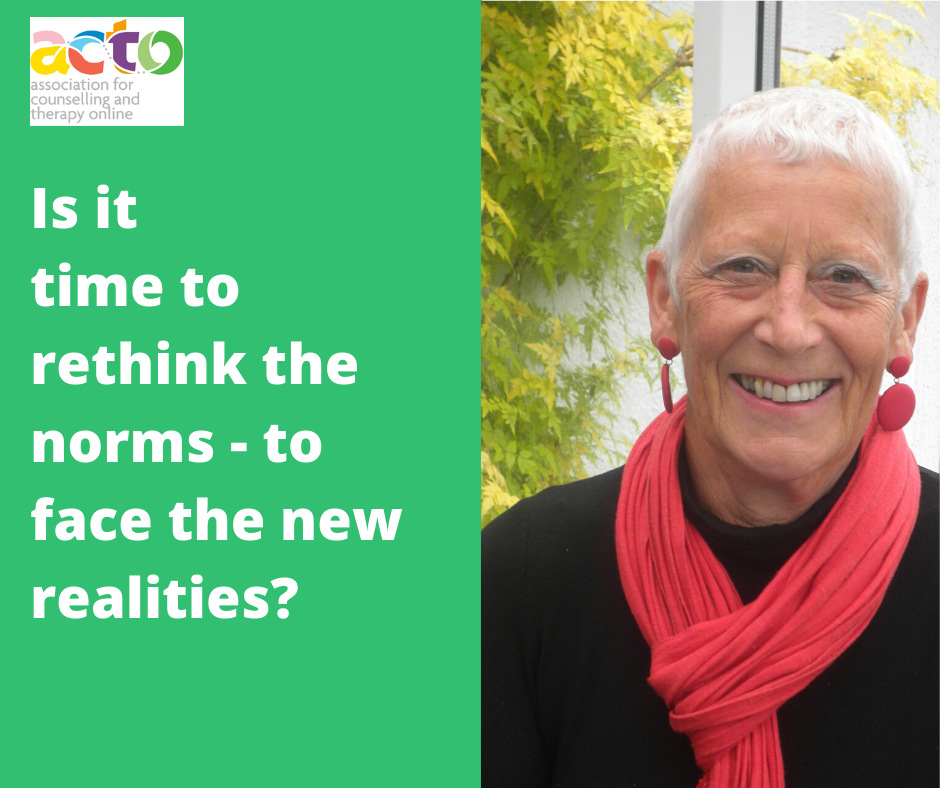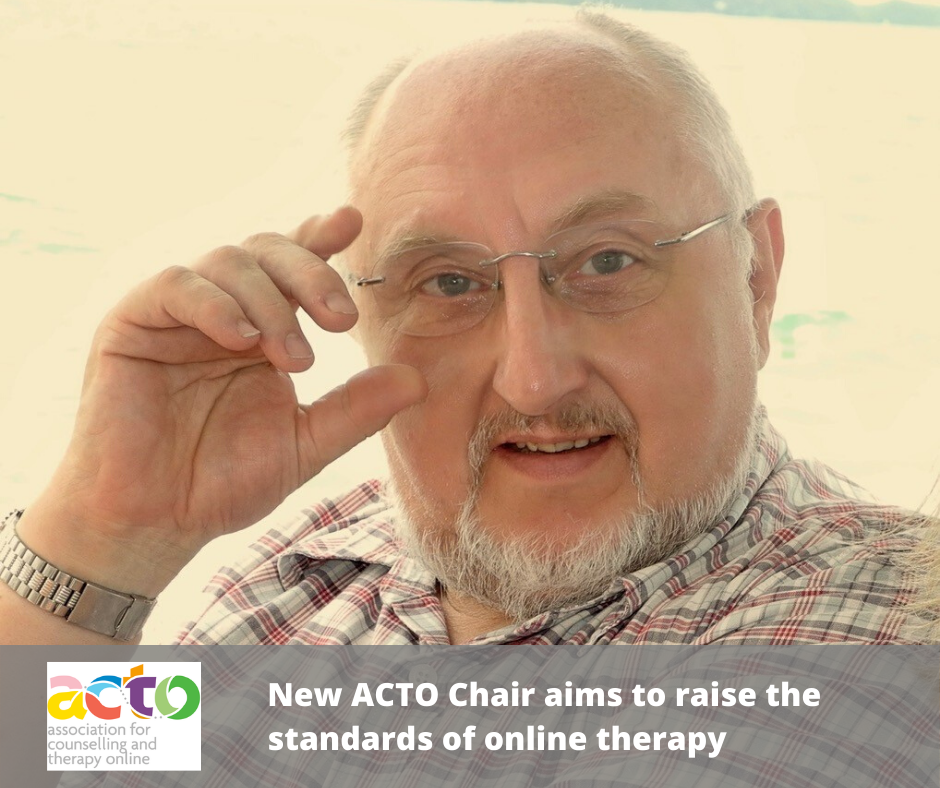“Safeguarding needs to run through us like letters on a stick of rock; it is the bedrock of what we do,” Pippa Copleston
Free Workshop: Wednesday 10 April 2024 – 1.30 pm (1 hour)
Pippa Copleston is a practising counsellor with 25 years’ experience. Based in East Sussex, Pippa provides Online, In person and Blended Counselling, Psychotherapy and Clinical Supervision.
This April and October, Pippa is running two workshops specifically for ACTO members, to give practitioners valuable insight into risk and safeguarding issues whilst working online.
Below, Pippa explains why she passionately believes that safeguarding is so important, and provides detailed information about the free workshops.
Why are you passionate about the importance of safeguarding?
Since working online since 2016 it has become clear to me that there is little information or training available specific to therapists wishing to work online – apart from dedicated online courses. I have been fortunate enough to work as both a therapist and then as a Clinical Lead with safeguarding responsibility in an employed capacity for online providers. In these settings, I have worked using variety of delivery methods, including anonymous text based therapy, telephone counselling and other settings where safeguarding is a little trickier than for in-person therapists. During the pandemic, I used this experience to ensure that I was working as safely as I could remotely. During lockdown, I was concerned by some attitudes and assumptions that I came across; that working online was no different to working in person, and so chose to take a General Certificate to increase my skillset and formalise the experience I had. I followed this by completing a Diploma in Online and Blended Supervision, and through doing this, recognised the need for Supervisors also to have good knowledge of safeguarding and risk when supervising online therapists. Safeguarding is relevant to all age groups, and therefore, all clients.
What is the objective of the workshop/webinar?
The aims is to share some ideas about good practice, stimulate thinking and reassure therapists that although this is a tricky area it’s still possible! I believe that we all continually learn from each other, and so I welcome additional ideas and knowledge from participants.
What are the intended outcomes of the session (what will participants learn/benefit from)?
The first session will look at:
- How and why we risk assess
- The “pros and cons” of using formal established assessment tools
- How we risk assess effectively in our particular work setting, and to share useful resources.
There are “points to consider” throughout the presentation, just as a reminder to update and assess how we keep our clients and ourselves safe, particularly if working with clients not based in our country. The session’s aim is to encourage participants to further develop the processes we currently use and create up to date resources for clients and ourselves after the session with peers or in supervision.
What will be included in the following sessions?
The next session in October 2024 will be about effective safeguarding – i.e. what to do after risk has been identified, depending on our geographic location and that of the client, their age group using the resources that we have adopted. There are two sessions as one hour is not enough to cover both topics sufficiently.
I intend to run much more in depth training expanding on the topics covered in the two workshops, and am hopeful that this will be CPD of around 30 to 40 hours, presented live and using interactive activities. I hope that this may lead to peer groups being formed after the training is completed. I also intend to produce modular, recorded versions of training.
What are the main risks around not following safeguarding guidelines?
So many! Very briefly, obviously, client safety and /or that of others, including suicide or physical harm. There is also risk to us in terms of professional reputation and risking have a complaint raised or legal proceedings. More widely, we owe it to the profession to be robust and clear in how and why we keep our clients safe so that therapy, particularly remote provision, is recognised as safe and contained.
Are there any emerging new risks around safeguarding – and how do we approach these to reduce risk?
There are always emerging new risks, particularly as we are all using the internet. The increase of risk for harm and exploitation is especially evident the more that the disinhibition effect influences what people say and what people hear or trust. There is more risk of exploitation, and greater access to online therapy means that as therapists, we have exposure to far more clients and risk is not always obvious. Statistically, therefore, we are in a position where we may be exposed to potentially more risky presentations and disclosures from clients. This is where safeguarding training and updating this training, keeping abreast of new developments and being risk aware is, as it always has been, important.
In your view, what constitutes safeguarding?
Briefly, safeguarding needs to run through us like letters on a stick of rock; it is the bedrock of what we do. Good safeguarding is about being clear about our rationale for what we do, without be hyper vigilant. Safeguarding is not always clear cut, risk can be nuanced and often involves being brave and making a well-founded decision in the moment. Therefore, the guidelines we follow and the supervision that we have needs to reflect this to show that decisions and actions we take are well founded, not dismissive, negligent, hasty, or damaging to the client.












